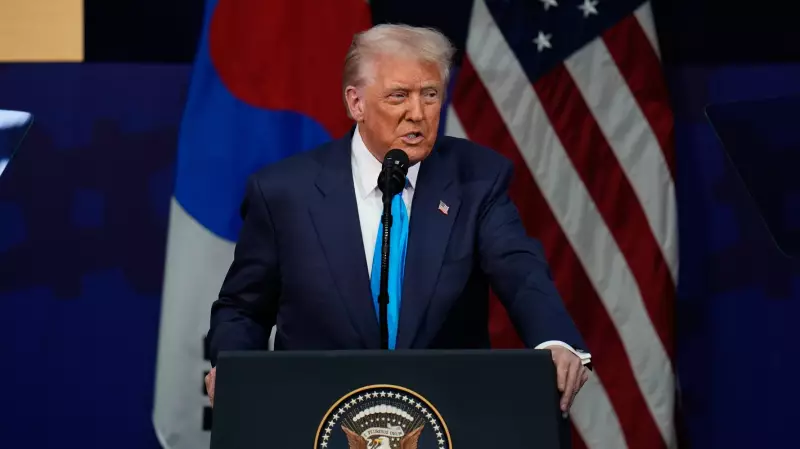
In a move that's already generating significant controversy, President Donald Trump has signed an executive order that could fundamentally change how Americans register to vote. The order mandates that individuals provide documented proof of U.S. citizenship before they can be added to voter registration lists.
The Executive Order's Immediate Impact
The presidential directive requires federal agencies to share citizenship data with state election officials, creating what the administration calls a "more secure" voting system. Supporters argue this measure is necessary to prevent non-citizens from voting in federal elections, though studies have consistently shown voter fraud by non-citizens is extremely rare.
Legal Challenges Mount Quickly
Civil rights organizations have already filed lawsuits challenging the order, arguing it could lead to widespread voter suppression. "This executive order creates unnecessary barriers for eligible voters, particularly naturalized citizens and minority communities," stated one civil rights attorney involved in the litigation.
What This Means for Voter Registration
The implementation of this order could significantly alter the voter registration process:
- New requirements for citizenship documentation
- Potential delays in registration processing
- Increased scrutiny of naturalized citizens
- Possible purging of existing voter rolls
Political Reactions and Implications
Democratic leaders have condemned the move as a "solution in search of a problem," while Republican supporters praise it as necessary for election integrity. The timing of this order, coming during an election year, adds to the political tension surrounding voting rights issues.
Election experts note that while the order focuses on federal elections, its implementation could affect state and local voting processes as well, creating a complex patchwork of registration requirements across different jurisdictions.





